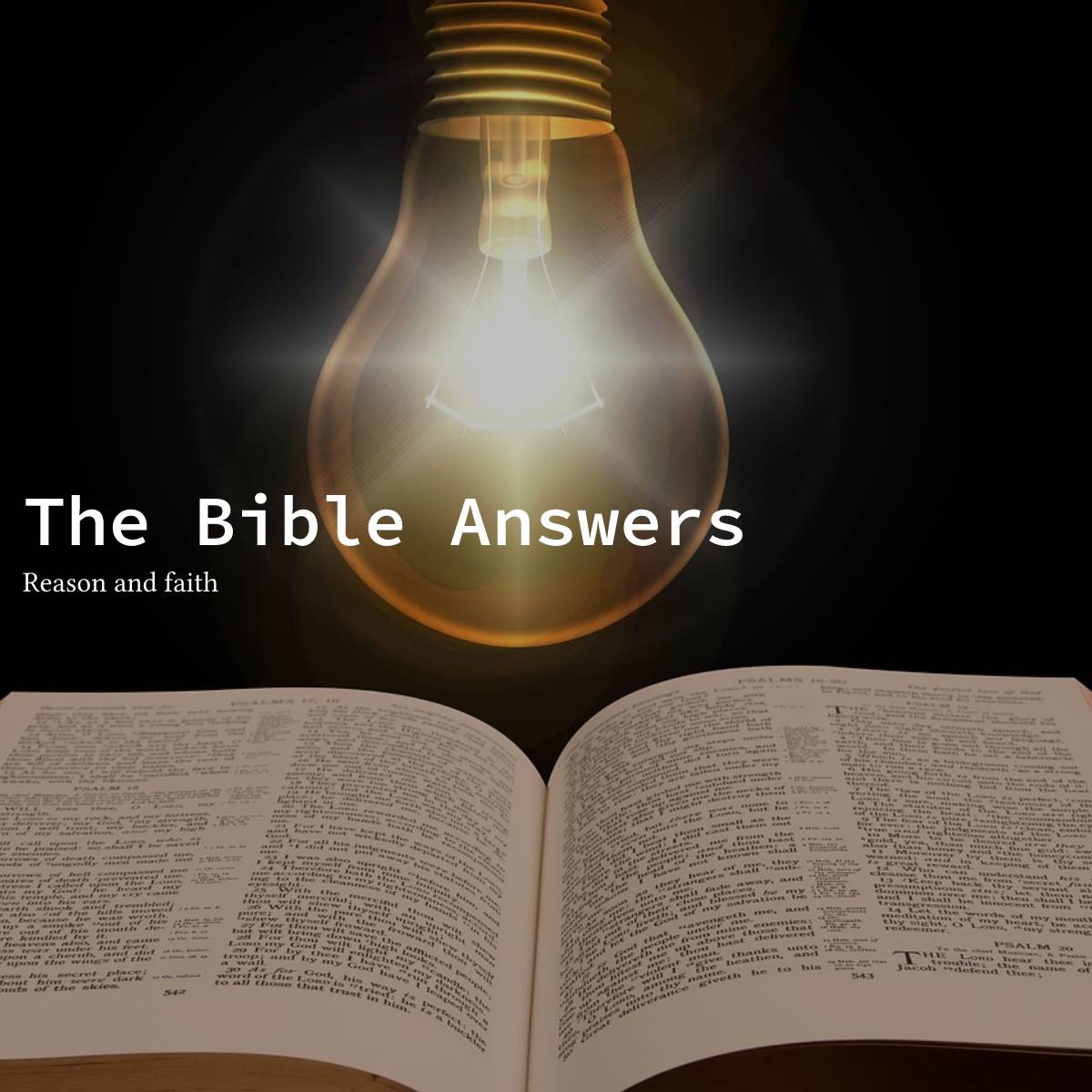The views and opinions presented here are solely that – views and opinions. Ultimately, it is up to you to form your own conclusions. We welcome and encourage you to share your thoughts in the comments section following each post.
Sola Scriptura
A friend recently asked if I believed in Sola Scriptura. The short answer is yes but a brief definition is in order. As you can see the title of this website is "The Bible Answers" but pay attention to the subtitle "Many of Life's Questions." The word "Many" does not...
If you give God the glory why not give Satan his due?
A friend recently texted me the following: It's interesting to me, that you attribute any "good" in you/from you, as coming from "Christ within me" ~ yet any "sin emanating from you is wholly your "own sinful nature", without any attribution to the "evil one" and his...
Meditations – Philosophy – Religion
Meditations versus Philosophy versus Religious texts. A good friend asked a question by text. I'm correcting the grammar but the question is the same: I find that the World would be a better place if people read more of "Meditations" and less of other religious texts....
Whoever eats my flesh and drinks my blood remains in me
The question in this passage will boil down to a literal versus a spiritual understanding of what Jesus is saying. The answer is found in John Chapter 6
Common Errors of Interpretation by Eisegesis
What is Eisegesis? When it comes to interpreting texts, whether they are religious, literary, or historical, it is important to approach them with objectivity and an open mind. However, there are common errors of interpretation that often occur due to a biased...
Defending Faith In Jesus
Years ago I was brought to saving faith in Jesus Christ. At the time I was 29 and an Air Force member. Throughout my time in service, I found myself engaged in numerous debates, which proved to be quite challenging. People would frequently question why I was so...
Book of Enoch & Extraterrestrials?
Does the Book of Enoch speak of extraterrestrials or simply angels? It depends on your understanding of an extraterrestrial. Are angels not of this earth? What about fallen angels? The question of whether the Book of Enoch speaks of extraterrestrials or simply angels...
Who needs predestination?
Oh, absolutely! Who needs predestination when we can all just float around aimlessly, right? I mean, why bother with any semblance of a plan or purpose when we can just let life happen randomly? It's not like there are countless verses in the Bible that speak about...
Are Catholics Christian?
Warning This post is intended for those who hold the belief that the Bible accurately documents the early Christian church. It is important to note that while the Bible is not a prerequisite for becoming a Christian, one must hear the truth of Jesus Christ in order to...
Different Views On Communion
The Lord's Supper is mentioned in the Bible in a number of different ways. Some of the most common words used to refer to it include: Communion: This word comes from the Latin word "communio," which means "sharing." Communion is a way for Christians to share in the...
The Bible Teaches Predestination & Responsibility
The concept of predestination and human responsibility has been a topic of theological debate for centuries. On one hand, predestination asserts that God has predetermined the destiny of all individuals before they are born, including their salvation or damnation. On...
A Lesson In Non-Denominationalism
A friend sent me the YouTube Short video below. To put it in quick context, my friend is born and raised Roman Catholic. I do not believe in denominations. The man in the video is Taylor Reed Marshall (born March 29, 1978) is an American Catholic YouTube commentator,...












